


Books in series

Science Cultivating Practice
A History of Agricultural Science in the Netherlands and its Colonies, 1863–1986
2001

Economics as a Political Muse
Philosophical Reflections on the Relevance of Economics for Ecological Policy
2002

Pragmatist Ethics for a Technological Culture
2002

The Political Theories of Risk Analysis
1899

Before Dinner
Philosophy and Ethics of Food
2004

The Taste for Ethics
An Ethic of Food Consumption
2006

Nature, Value, Duty
Life on Earth with Holmes Rolston, III
2006

Why care for Nature?
In search of an ethical framework for environmental responsibility and education
2006
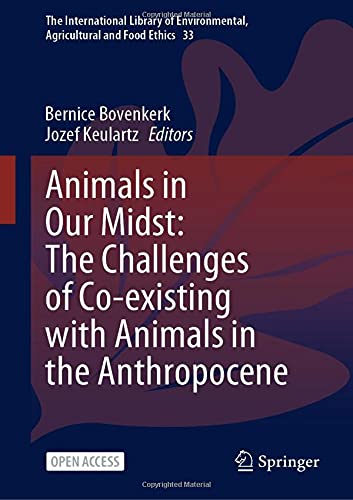
Animals in Our Midst
The Challenges of Co-existing with Animals in the Anthropocene
2021

Accessing and Sharing the Benefits of the Genomics Revolution
2007

Ethics, Hunger and Globalization
In Search of Appropriate Policies
2007

Understanding Nature
Case Studies in Comparative Epistemology
2008

Ethical Traceability and Communicating Food
2008

The Ethics of Intensification
Agricultural Development and Cultural Change
2008

Aquaculture, Innovation and Social Transformation
2008

What's So Good About Biodiversity?
A Call for Better Reasoning About Nature's Value
2012

The Ethics and Economics of Agrifood Competition
2013

Old World and New World Perspectives in Environmental Philosophy
Transatlantic Conversations
2014
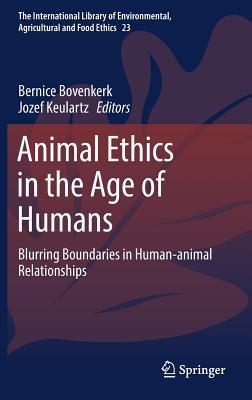
Animal Ethics in the Age of Humans
Blurring boundaries in human-animal relationships
2016
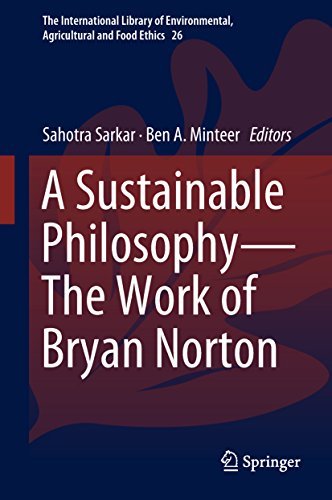
A Sustainable Philosophy—The Work of Bryan Norton
2018
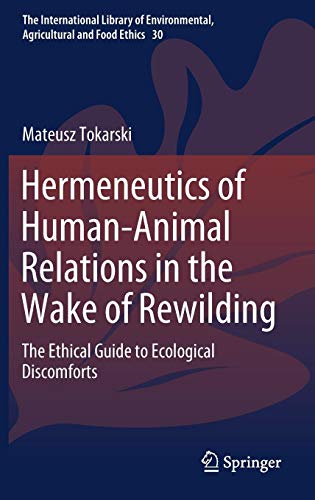
Hermeneutics of Human-Animal Relations in the Wake of Rewilding
The Ethical Guide to Ecological Discomforts
2019
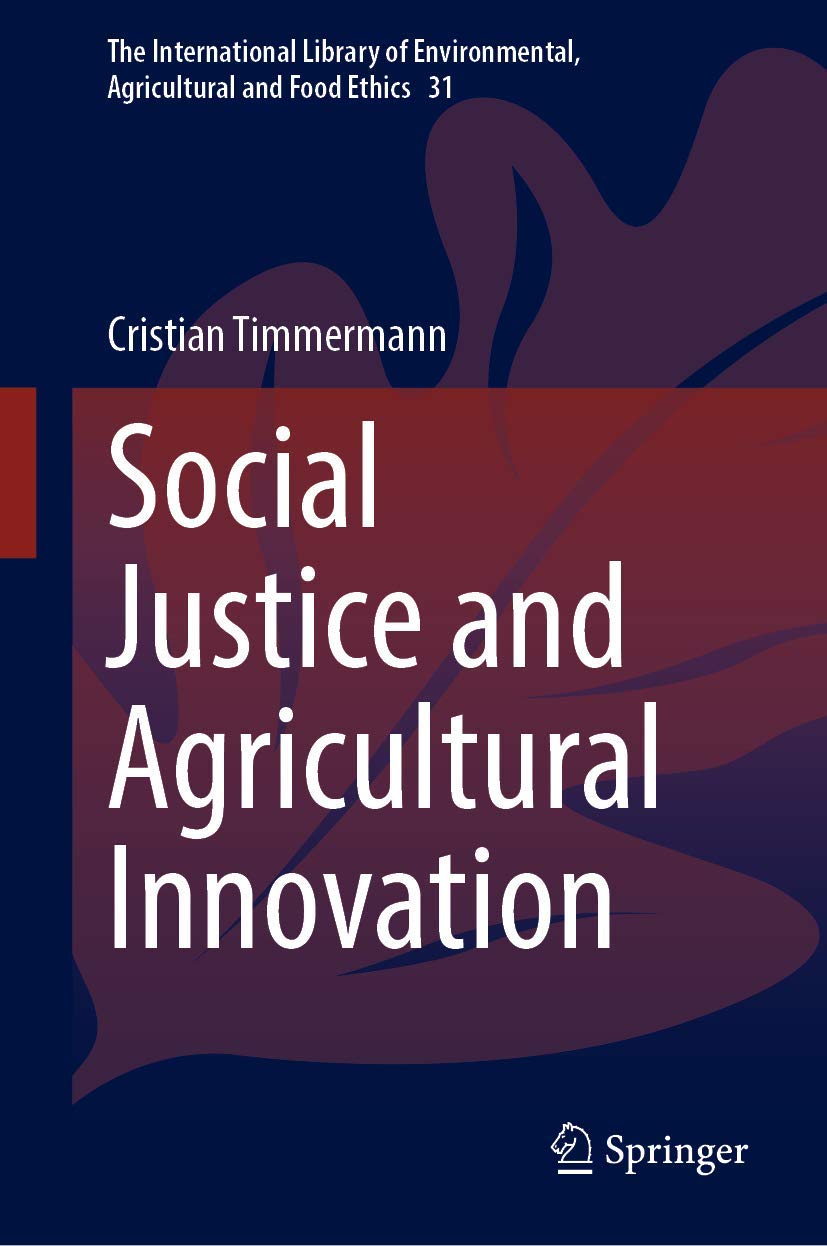
Social Justice and Agricultural Innovation
2020

Food Biotechnology in Ethical Perspective
1997
Authors

Born in 1980, Eva Meijer is an artist, writer, philosopher and singer-songwriter. She works in different media, ranging from performance art, music theatre, installations, video's, drawings and photographs to toys for pigs. Eva released four albums and two EP's, and she played concerts in The Netherlands, England and the US (NYC, Texas, California). More information and music can be found here. Her first novel Het schuwste dier (Prometheus) was published in 2011 and was nominated for the Academica Literatuurprijs, the Gouden Boekenuil and the Vrouw&Proza DebuutPrijs. Short stories and poems have been published in Dutch and Belgian literary magazines, such as De Revisor, Tirade and De Brakke Hond. Her second novel Dagpauwoog was published in November 2013. Eva is working on a PhD project in philosophy, titled 'Political Animal Voices', at the University of Amsterdam. She also has a weblog (in Dutch, but with drawings and photographs) and she plays many shows.